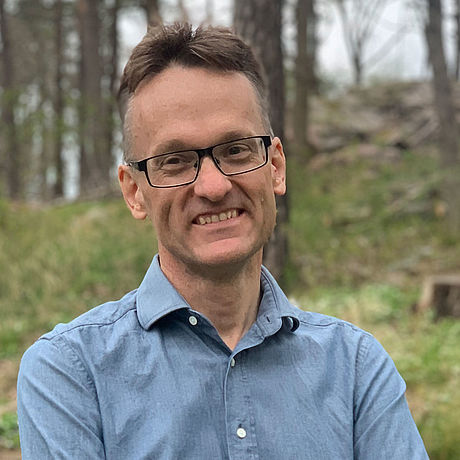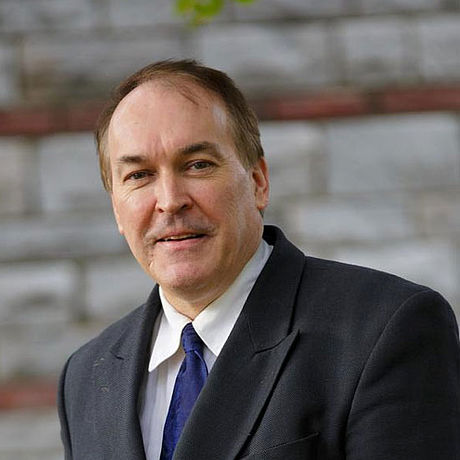Interdisciplinary Dialogue
Monday, July 5, 2021
18:00 - 18:40 CEST
Virtual Room: Ella Maillart
Full recording available here.
Professor Erik Lindahl from Stockholm University will interview Professor Peter Coveney from University College London.
I Love Biology. Why Don't Biologists Love Theory?
Over several decades, scientific computing has delivered multiple outstanding success stories in hard physics and engineering applications. This has gradually expanded to fundamental life science applications such as bioinformatics, but one of the greatest challenges is how to replicate this impact for infinitely more complex systems such as entire cells, organs, or diseases. This is a fascinating area where the medical top-down phenomenological view is increasingly challenged and complemented by modeling and computational approaches. In this dialogue, Erik Lindahl will interview Peter Coveney about his career, passions and challenges in bringing physics-based and computational models into life sciences and medicine. What are the limits of models and computations? Will we be able to produce “digital twin” models of an entire human for research and disease treatment? What are the greatest challenges and rewards in a cross-disciplinary field, and why do biologists and physicians not love theory?
Plenary Speakers
Erik Lindahl is Professor of Biophysics at Stockholm University and KTH Royal Institute of Technology. His research is focused on understanding the structure and function of membrane proteins, in particular ion channels in the nervous system, using both structural biology and computational tools such as the GROMACS molecular dynamics code developed in the lab team. He is passionate about PASC as a venue to bridge computer science with scientific computing. Lindahl is a former chair of the PRACE Scientific Steering Committee and currently sits on the EuroHPC Research and Industrial Advisory Group, member of the CSCS scientific advisory board, and the Swedish Royal Academy of Engineering Sciences.
Chair in Physical Chemistry and Honorary Professor in Computer Science at University College London, as well as Professor Adjunct at Yale University School of Medicine (USA). He holds a Chair in Applied High Performance Computing at the University of Amsterdam and is a Member of the Academia Europaea. He is active in a broad area of interdisciplinary research much of which exploits high performance computing, including condensed matter physics and chemistry; materials science; and life science and medicine. He has led many large projects and is currently the PI on several large grants. These include, amongst others, Coordinator of the H2020 CompBioMed2 Centre of Excellence (2016-2019), the preceding CompBioMed (2016-2019), and the H2020 VECMA FET-HPC project (2018-2021). He has also been the recipient of several international supercomputing awards, which provide access to petascale computers, and of an Innovative Application of Artificial Intelligence Award from the American Association of Artificial Intelligence.





